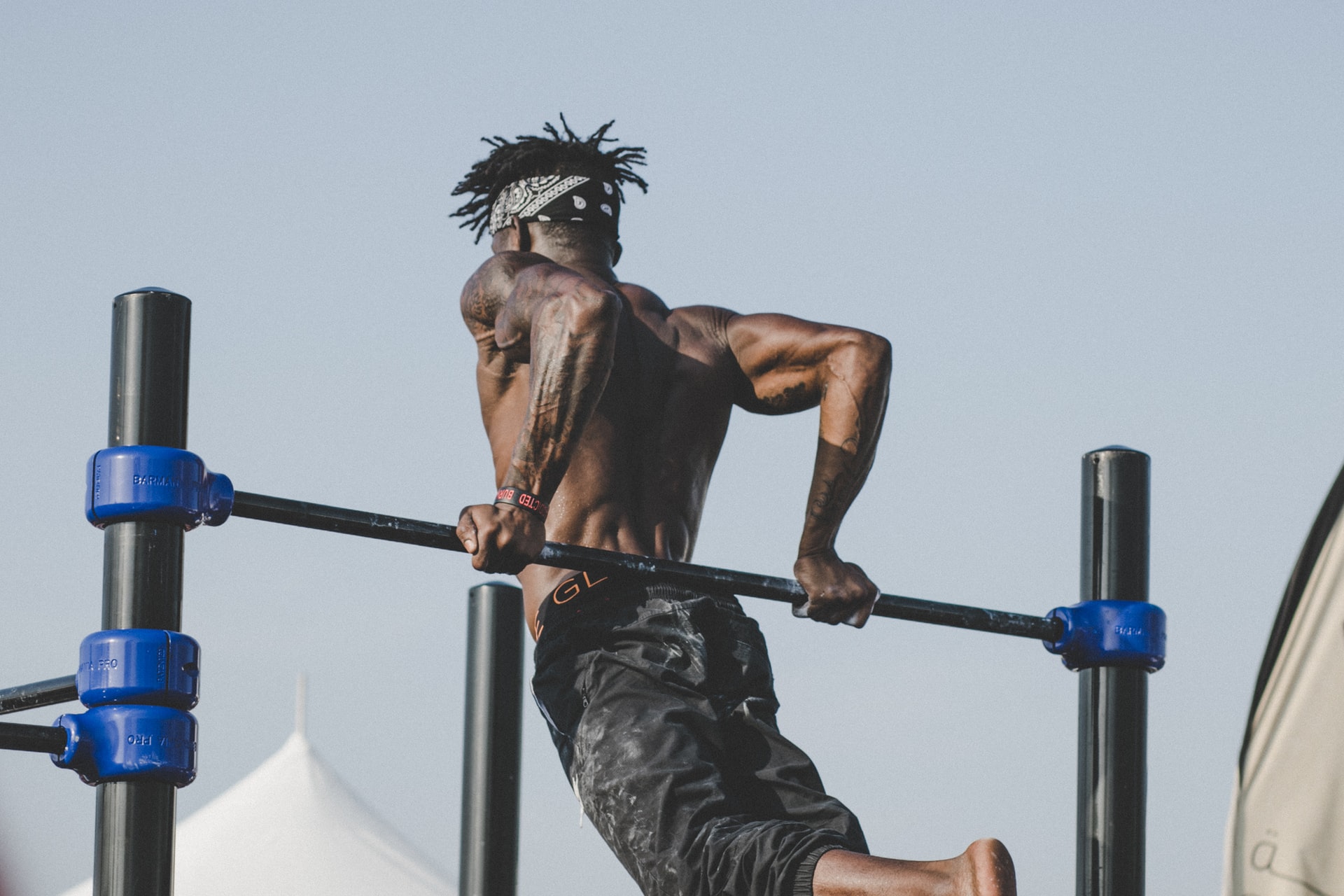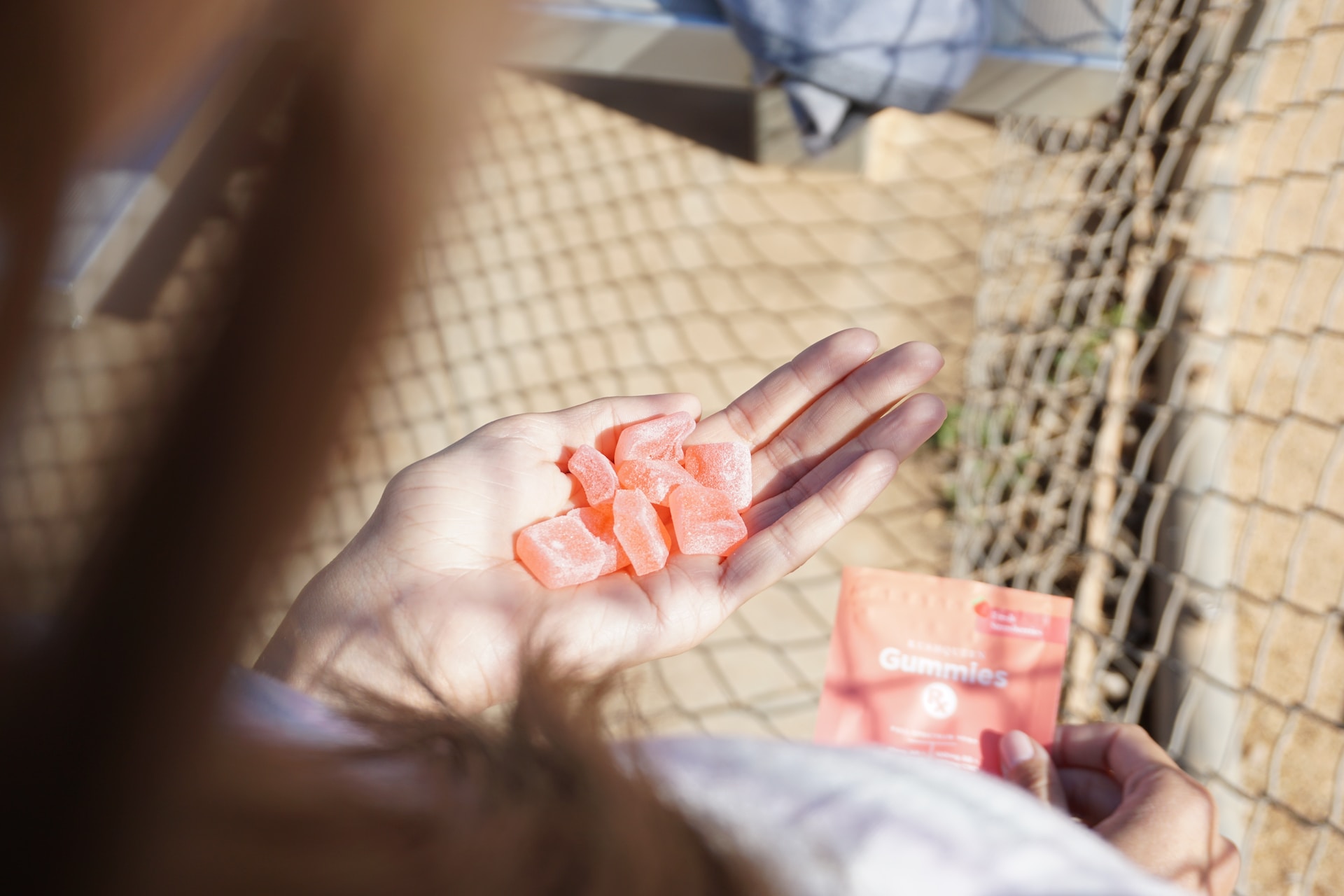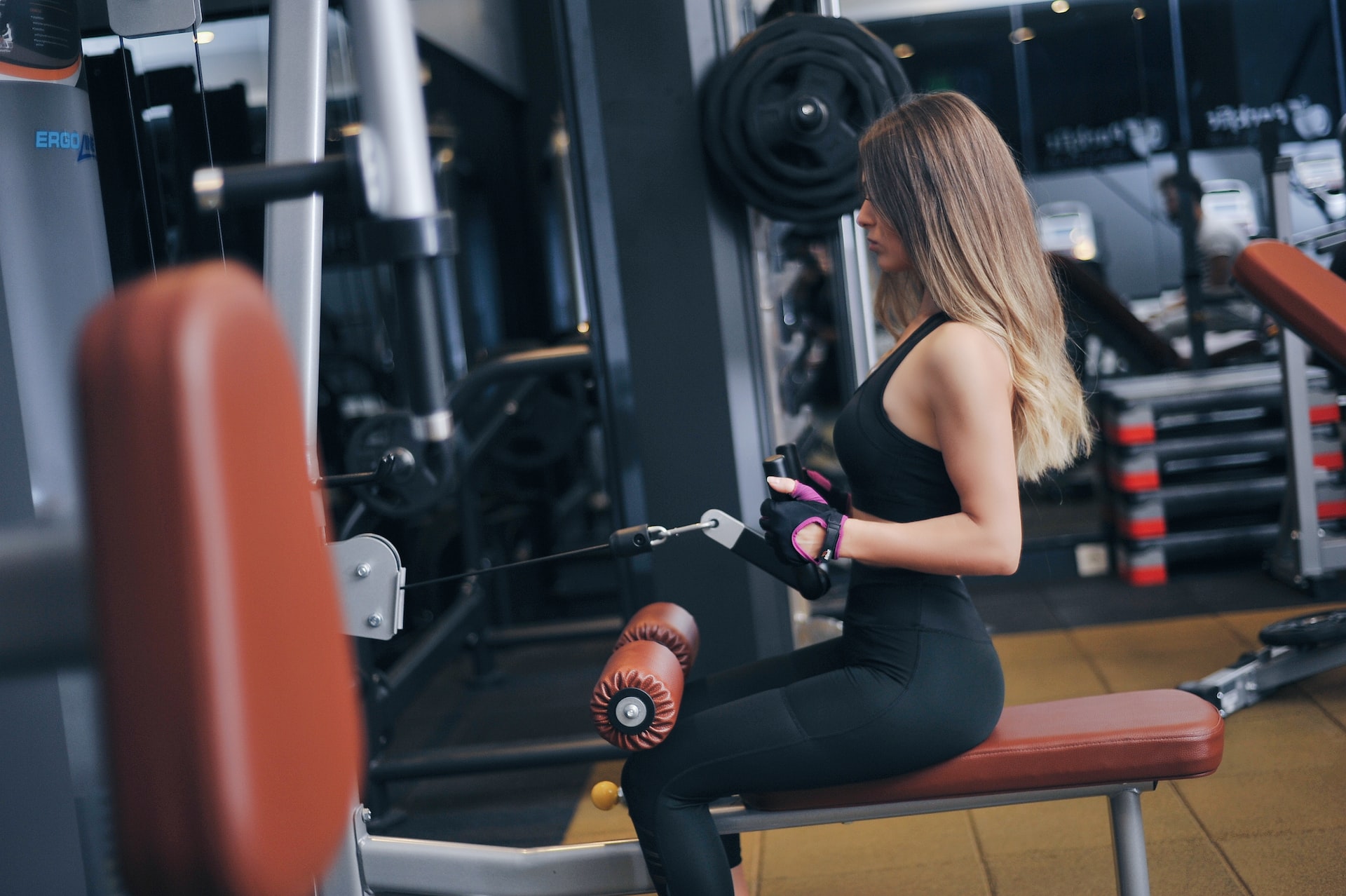It’s quite likely that you’ve completely overlooked the prospect of your teen utilizing steroids. However, because steroids come with major health risks and irreversible adverse effects, it’s crucial to understand why your child could be using them.
What Are Steroids and How Do They Work?
Steroids are hormones that are produced in small amounts by the body and are used to combat stress and promote normal growth and development. Anabolic steroids are a class of synthetic male-sex hormones, the most powerful of which being testosterone, that boost muscle growth and strength.
Anabolic steroids-usa are a prescription-only treatment for illnesses such delayed puberty in boys, breast cancer, and osteoporosis. It is prohibited to take it unless you have a valid medical reason for doing so. Steroids can be taken by mouth, applied topically, or given intravenously.
The body converts steroidal supplements (also known as steroid precursors) like androstenedione (andro) and dehydroepiandrosterone (DHEA) into anabolic steroids. Although the supplements are weaker than the steroids themselves, they can be just as dangerous when taken in big dosages. Although most steroid supplements are now only available with a prescription, DHEA is still widely available.
 Why do teenagers use anabolic steroids?
Why do teenagers use anabolic steroids?
5.9% of teenagers who used steroids to gain muscle, according to research published in Pediatrics, used data gathered from a varied variety of adolescents, including both males and females.
Steroids are primarily used to boost activity and strength, so it’s no wonder that teenagers who are under pressure in athletics may turn to drugs to increase muscle growth and, in turn, performance. Although athletes are more likely to seek out the alleged benefits of steroids, they are not the only ones who do so. According to research, there are a variety of factors that influence whether or not kids use steroids, including general risk-taking teen behavior, use among adolescents with body dysmorphia (a condition in which they perceive themselves to be thin or puny), and use as a way for kids to lose fat or streamline their bodies.
Steroids in the Minds of Teens
Teens’ perceptions of steroids are frequently distorted. Bodybuilding is big business, and online information seems to downplay any bad side effects, emphasizing instead on the perceived benefits, which is naturally exciting and tempting to teenagers looking to bulk up their muscles and improve their power. The fact that sports superstars utilize drugs to improve their performance has exacerbated the situation. It also doesn’t help that teenagers have easy access to steroids, which can be bought online.
The Risks of Taking Steroids
Although the hazardous and occasionally fatal side effects of taking steroids are becoming more publicly recognized, the true long-term effects have yet to be extensively investigated and documented. However, The National Institute on Drug Abuse (NIH) states that steroids can cause a whole host of critical and often irreversible side-effects, such as heart disease and blood clots, and can seriously affect hormone production in males and females, causing the likes of infertility in men, and male-pattern baldness in women.
Steroid usage, which is more common among teenagers, can restrict growth by tricking the body into believing it has reached puberty, preventing the bones from expanding properly.
Although preliminary evidence suggests a link between steroids and unpleasant emotions, scientists are yet unsure how steroids affect the brain and its processes. However, studies reveal that teenagers who use steroids are more likely to become aggressive, have violent mood swings, and suffer from major psychological problems like paranoia and delusional conduct.
Steroids are quite addicting as well. Many teenagers who want to use them for a limited time or for a specific reason can easily become addicted.
 Is your adolescent on anabolic steroids?
Is your adolescent on anabolic steroids?
Although adolescent growth spurts are common, muscle building takes years. Steroids could be at blame if you see a rapid gain in muscle mass. Other major physical and behavioral markers exist, albeit many of them are connected to normal teen growth and are not always grounds for concern on their own. It’s time to look more if you see several of the following:
- Mood swings that are severe and often violent
- Obsessive thoughts or actions about muscular growth, looks, or athletic ability
- Girls’ voices have a deeper tone to them.
- Hair that is excessive
- Menstrual cycle disruption (or cessation)
- Acne, especially acne with a quick start,
- Anger or rage that is out of control
- Behaviour that is paranoid or delusory
- expressing thoughts about invincibility
- Stretch marks that appear out of nowhere
Your kid may have steroid paraphernalia, such as liquid vials, needles, or pill bottles, in addition to physical symptoms.
Without a doubt, it is critical to begin teaching your child about steroids at a young age. If they are extensively interested in athletics or appear to have body image issues and exhibit any of the indicators listed above, it may be time to intervene.





